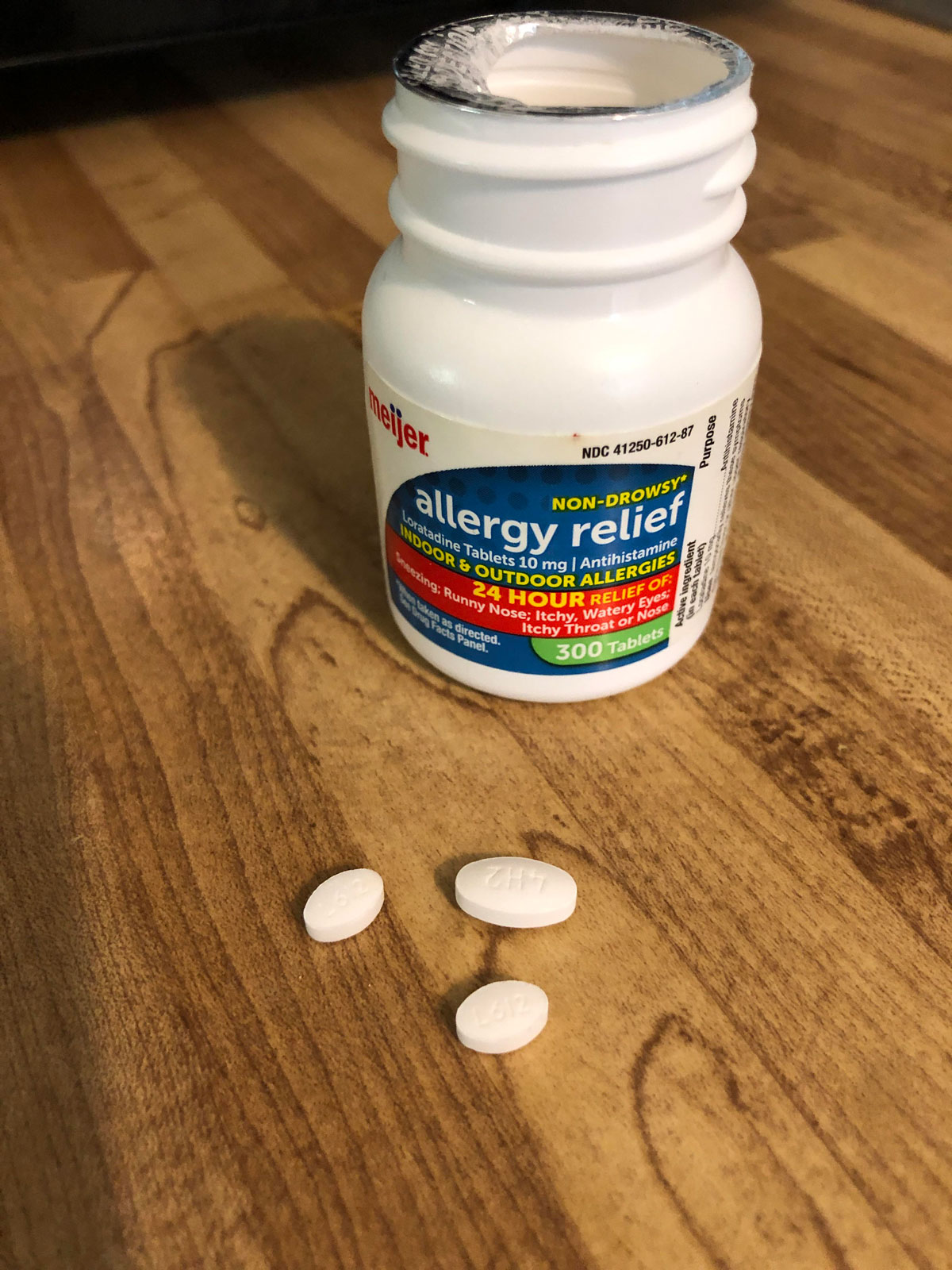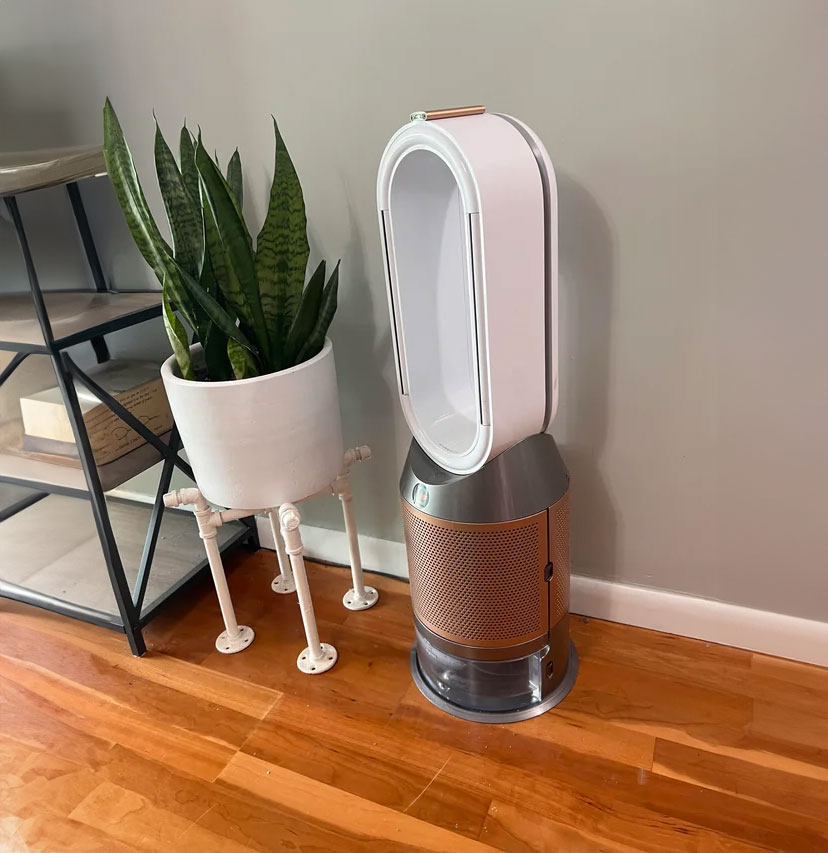Ever felt like your allergy meds are just playing "hide and sneeze" with your symptoms? You're in good company. Despite popping those allergy pills, we often find ourselves in a 'sneeze-a-thon.' This article aims to "uncover" the mystery behind this sneezy ordeal and lays out some 'prescription-strength' tips and tricks for tackling those stubborn allergies, proving that there's more than one way to "silence" a sneeze!
Understanding Allergy Medicines And Their Limitations

Allergy medications, be it over-the-counter or prescription, are designed to alleviate symptoms like sneezing, itching, and nasal congestion. However, their effectiveness can vary based on the type and severity of your allergies, as well as how your body responds to medication. Some common reasons why allergy medicines might not work include:
- Incorrect Usage: Not following the prescribed dosage or timing can lead to ineffective results.
- Wrong Type of Medication: Allergies are complex, and a medication that works for one person might not work for another.
- Severe Allergies: Sometimes, the severity of your allergies may require more potent medication or a combination of therapies.
Lifestyle Changes And Home Remedies

When traditional allergy medicines fail, consider turning to lifestyle changes and home remedies. These strategies can significantly reduce your exposure to allergens and, consequently, your symptoms:
- Allergen Avoidance: Identify and minimize contact with substances that trigger your allergies. This might mean staying indoors during high pollen days or using dust mite-proof covers on bedding.
- Air Quality Improvement: Use air purifiers and maintain a clean, dust-free home environment. Regularly replacing air filters in your home and car can also reduce allergen exposure.
- Dietary Adjustments: Some foods can exacerbate allergy symptoms. Conversely, a balanced diet rich in anti-inflammatory foods can bolster your immune system.
Exploring Alternative Treatments

If conventional allergy medications aren't cutting it, explore alternative treatments. These include:
- Natural Remedies: Certain herbs and supplements, like quercetin or butterbur, have been found to alleviate allergy symptoms. Always consult a healthcare provider before starting any new supplement.
- Nasal Irrigation: Saline nasal sprays or neti pots can help clear your nasal passages of allergens and reduce symptoms.
- Acupuncture: Some people find relief from allergy symptoms through acupuncture, a traditional Chinese medicine technique.
The Role Of Allergy Testing And Customized Treatment

Allergy testing can be a game-changer. By identifying specific allergens that trigger your reactions, you can tailor your avoidance strategies and treatment plan more effectively. An allergist can conduct skin or blood tests to pinpoint your triggers. Based on these results, they can recommend customized treatment approaches, which may include:
- Tailored Allergy Medications: Prescription medications specifically targeting your allergen sensitivities.
- Immunotherapy: Allergy shots or sublingual tablets that gradually desensitize your body to allergens.
Advanced Medical Interventions

In cases of severe allergies where conventional treatments and lifestyle changes don't bring relief, advanced medical interventions may be necessary:
- Biologic Therapies: These are newer treatments that target specific parts of the immune system involved in allergic reactions.
- Emergency Medications: For those with severe, life-threatening allergies, carrying emergency medications like epinephrine auto-injectors is crucial.
Understanding "what to do when allergy medicine doesn't work" can open the door to effective and personalized ways to manage your allergies. From lifestyle modifications and natural remedies to professional interventions, there's a spectrum of options available. Remember, the key to successful allergy management is a tailored approach and, sometimes, a combination of strategies. Don't hesitate to seek professional advice for a solution that works best for you.


